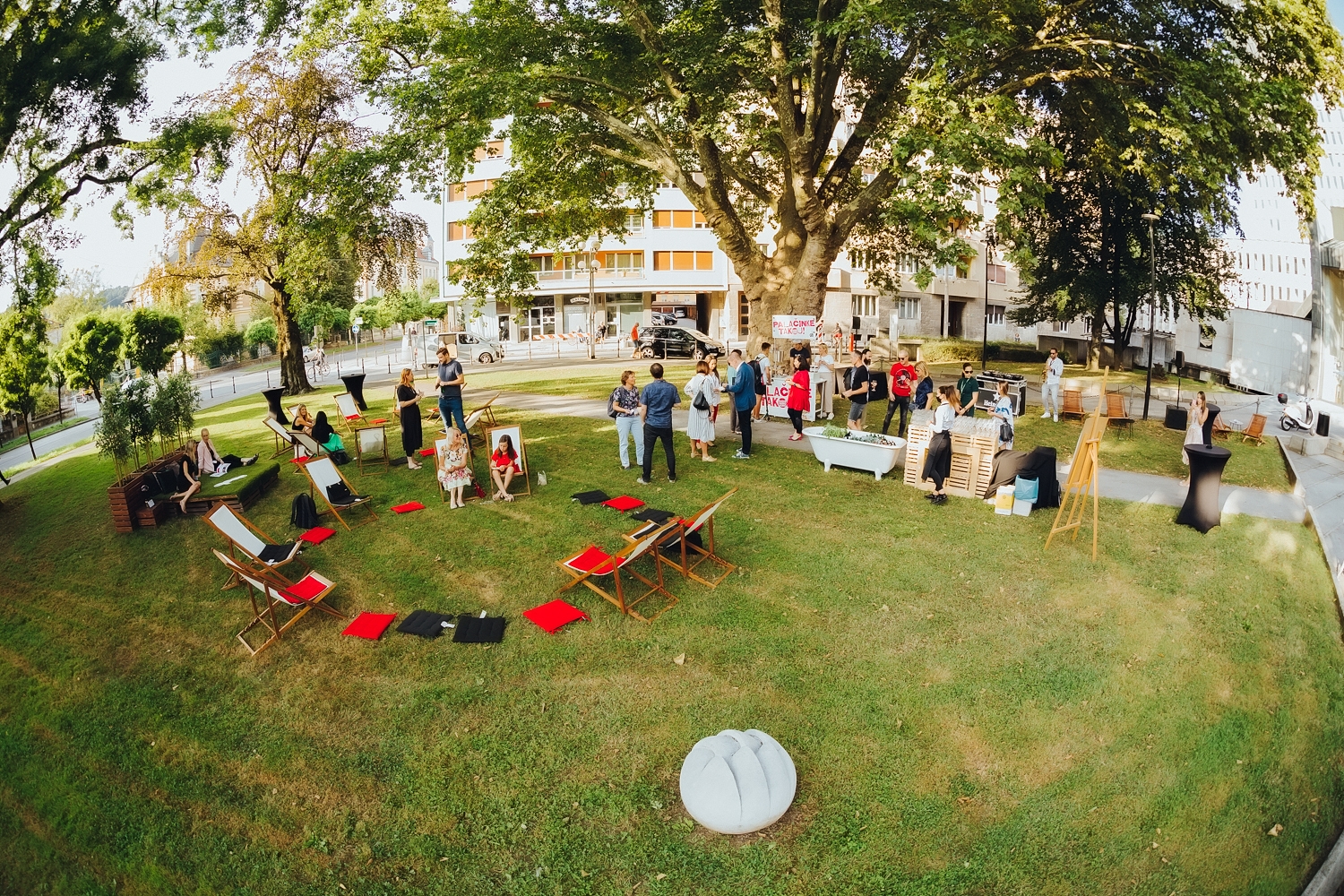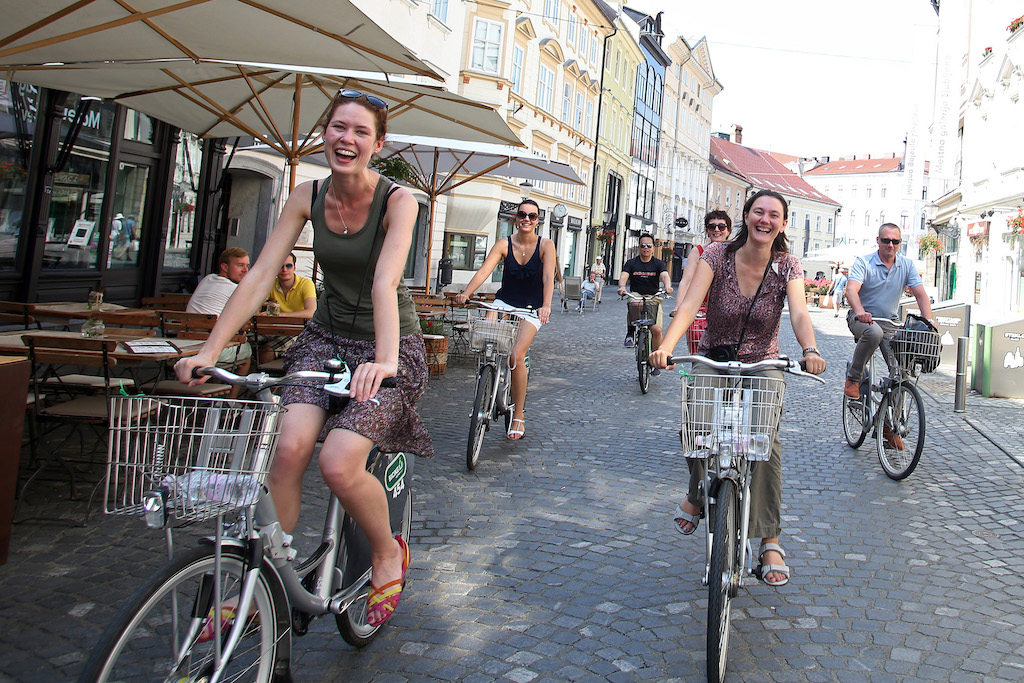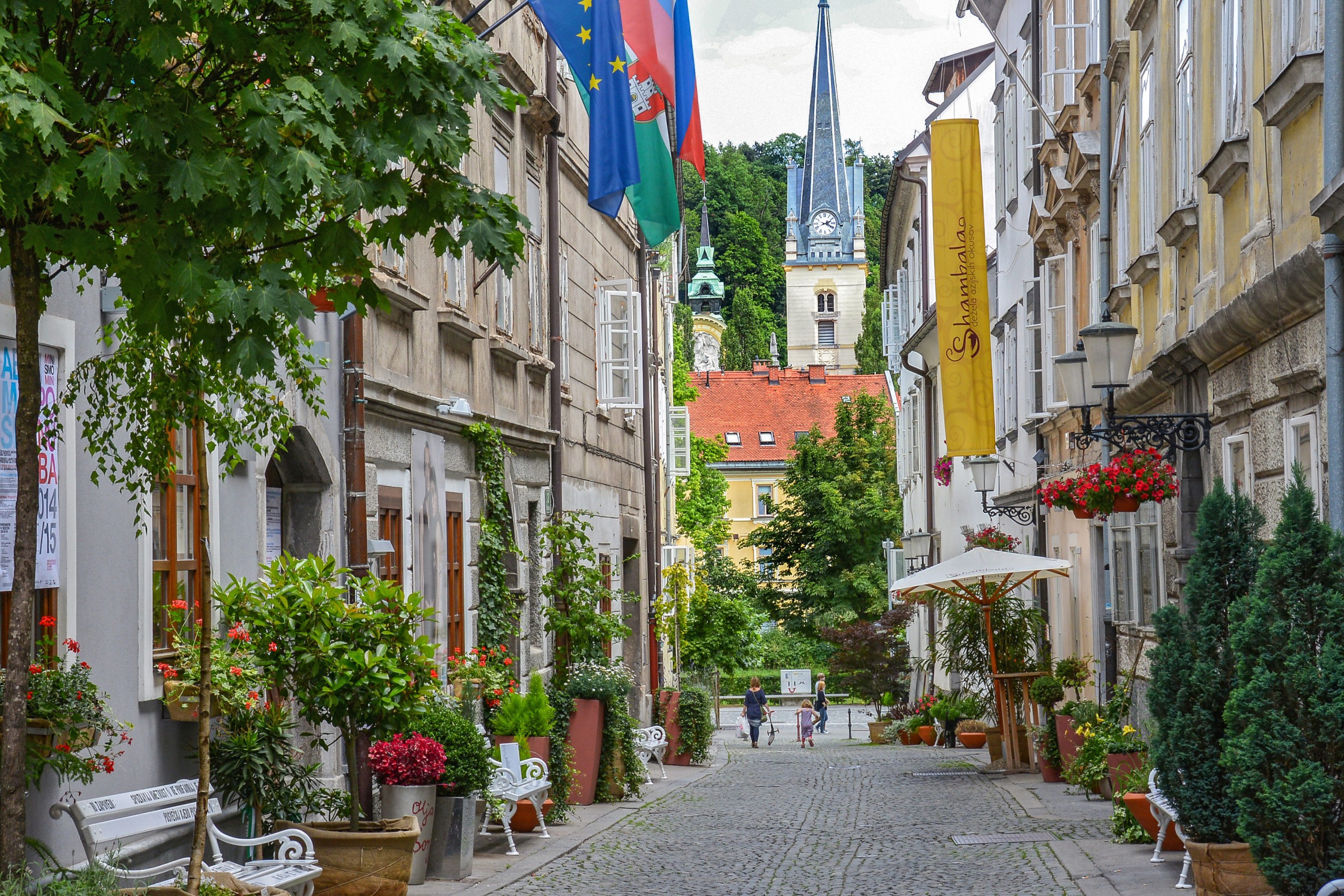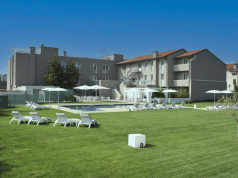DEFINITION
Never has the slogan “Think global, act local” seemed more appropriate than after the corona crisis. Event organisers should become environmentalists and activists for green events. Before deciding to organise an event, we should always consider whether the positive effects of the event will outweigh the bad. If the latter is the case, then we are putting our planet’s ecosystem and the survival chances of the human and all animal species at risk.
THE STARTING POINT
According to Slovenian ecologist Dr. Dušan Plut, we would need 3.1 planets in Slovenia to reach the current material consumption. Meanwhile, the USA would need five planets to reach these numbers. Other reports on the situation are also extremely worrying. The corona crisis has shown that certain online events can replace live events. Our responsibility for the future is to organise events with the smallest possible environmental footprint. The time we have to react is inevitably shortening. The social damage caused by irresponsible event organising will affect later generations and our ecosystem. Our global ecological debt is continuing to rise, and it is our responsibility to try and reverse it.
THE CONCEPT
For several years now, the events industry has been looking for a systematic, holistic and step-by-step model for organising sustainable events. The goal is to meet the needs of participants while reducing the carbon footprint and our impact on the environment. If we do not balance event organising with the capabilities of our surroundings, we will be co-responsible for the repercussions of our actions. In the same breath, we must satisfy the basic human need for socialising and exchanging knowledge. The fastest switch of the paradigm is in the fields of energy self-sufficiency, local food supply and the use of reusable sources of energy. Furthermore, shortening of the food chain, balancing the cities and the countryside, and recycling will help change the paradigm. All of the above can be incorporated into events.
After the corona crisis, we are expecting a change in energy, travel and food patterns. One of the goals is to increase the use of public transport and the railways, as well as embracing the locally produced food concept. We can achieve a lot just by organising hybrid events, which have become the new reality during the corona crisis.
Ecology swears on green destinations, just as some meeting destinations are trying to do. I believe the future will belong to more sustainable destinations. These are destinations where water sources, forests and renewable resources are in line with the population and guests coming to the destination. Logically, the regional will become more important than the global, and consequently, this can reduce the geographical and social inequalities around the world.
Green and sustainable events are events that contribute to the preservation of nature and the environment – water quality, soil fertility, and air cleanliness. They also have positive effects on society – the prosperity of the local community, the inclusion of local stakeholders, accessibility for all (regardless of special needs), ethical behaviour, responsibility and transparency.
TIPS AND TOOLS AKA THE TOOLBOX
We can implement a whole array of small measures to help sustain our environment. Instead of making big decisions about green events, we should stress that we aim to have the smallest possible ecological footprint. Particularly this aspect of organising green events is tricky and highly sensitive. It involves a wide spectrum of expertise, from proper waste management, purchasing ecological products, and having knowledge of noise pollution to the challenge of preventing pollution of the environment and nature. The utmost attention should be given to all aspects of chemical and noise pollution, while not forgetting safety measures. The process includes various steps.
CHOOSING THE VENUE
Venues are one of the biggest carbon footprint contributors. The main challenge is the energy efficiency of venues, where newer, environment-friendly and purpose-built venues are favoured. Regardless, event organisers can influence how the venue is used. First, choose easily accessible and energy-efficient settings. Choose a venue that enables the maximum use of daylight, cooling and heating of the space, and ventilation of the entire premises.

MOBILITY
Air travel is the most critical part of international events. The sustainable travel of event participants is an important contribution to keeping the air and natural environment clean, especially in the destination hosting the event. We recommend preparing a plan for sustainable mobility. Its purpose is to improve the location’s accessibility, change travel habits and encourage the use of sustainable and green means of transport. The participants should be constantly encouraged to be sustainable, to walk, cycle and use public transport, if possible.

COMMUNICATION
It is clear that communication with participants must be digitalised. The corona crisis has radically improved and accelerated digital communication. There are plenty of opportunities for creativity and improving relations with participants in this area. To begin with, we recommend swapping standard communication for participants for apps that can contain almost every aspect of event organisation nowadays.
FROM THE FIELD TO THE PLATE
Local self-sufficiency is gaining significance. Although caterers will do their best to convince you of the problems that come with organising local food and products, this is far from the truth. In reality, organising local supply is simple and cost-effective. Local catering should be insisted upon, and participants appreciate it. Wasted food represents a big challenge, and there are many good examples of the social responsibility of event organisers. Less is more in this case, and good food does not always have to be the most expensive.

WASTE MANAGEMENT
At events, it should be our goal to reduce the quantity of waste and aim to reuse what is possible. An essential part of green events is the sorting and recycling of waste (biological, paper, plastic, glass and metal). Materials from previous meetings or events can be reused in different manners. A sufficient number of rubbish bins should be provided for waste sorting, accompanied by clear instructions on waste management.
PRINTED MATERIALS
Avoid printing. The amount of printed material can be reduced by using email and personal communication with participants. If printing cannot be avoided, use recycled paper. Print both sides of the paper and by doing so, reduce the amount of text and pages. Prepare electronic versions of materials and send them via email or enable the participants to download them from the internet.
FAIR TRADE
Before purchasing anything, consider whether the service, gifts for the participants or anything else is truly needed. Encourage suppliers to deliver the material in recyclable plastic and choose partners who belong to organisations from the same fair-trade scheme.
SOCIAL RESPONSIBILITY
Everyone should be given equal opportunities regardless of their sex, age, race and sexual orientation. All participants should be treated equally and with respect. Your social responsibility can also be expressed by supporting local socially aware initiatives.
RECOMMENDATIONS
In the past, there have been numerous recommendations and a multitude of advice on how to organise a green event. Based on practical experience, we are presenting the 10 most effective steps to follow when organising events:
VENUE: If you can choose the venue, make the decision based on energy efficiency and other environmental effects.
VENUE: Choose a venue that is safe for the organisers, participants and visitors, and one that does not present safety risks for the local community. This is particularly important in times of pandemics and similar situations.
MOBILITY: Encourage the use of public transport, adapt the event schedule to it and provide users of public transport with special offers. Encourage car-sharing.
FOOD AND DRINKS: All food should proudly be accompanied by labels of origin and certificates of ecological and local provenance. Co-operate with local suppliers (eco farms, local stores).
FOOD AND DRINKS: Prepare a plan for dealing with left-over food and drinks. Excess food and drinks can be shared among volunteers, workers and participants, or given to local charities and shelters.
FOOD AND DRINKS: Limit the amount of liquids served in bottles and encourage the drinking of tap water.
WASTE: Reduce the amount of waste at events using the following hierarchy: prevent the making of waste, reuse where possible, and separate rubbish at the event.
SOCIAL RESPONSIBILITY: Promote high-quality local suppliers, entrepreneurs and artists and incorporate them into the event programme.
SOCIAL RESPONSIBILITY: Gifts given to participants should be local, natural and should promote natural and cultural heritage as well as local identity.
COMMUNICATION: Digitalise all of the event communication. Reduce expenses and the consumption of paper by communicating electronically and using electronic publications and materials.
INSPIRATION

Ljubljana – European Green Capital 2016
Ljubljana became the European Green Capital in 2016. This project spawned several activities supporting the sustainable organisation of events.
It is vital to all international event organisers that the participants can use public transport free of charge just by showing their event badge. The agricultural side of Ljubljana features in the “Zelena Nabavna Veriga” project. The project enables the possibility to purchase 100% locally produced food or, when this is not possible, regionally or nationally produced products at a fair price. Ljubljana is the first European capital on the path to a zero-waste society and has committed to this cause with the Zero Waste project.
Amongst the projects, Conventa was awarded the sustainably organised trade conference award in 2013 at the IBTM event in Barcelona. All of this places Ljubljana among those congress destinations with the highest sustainability index in Europe.














